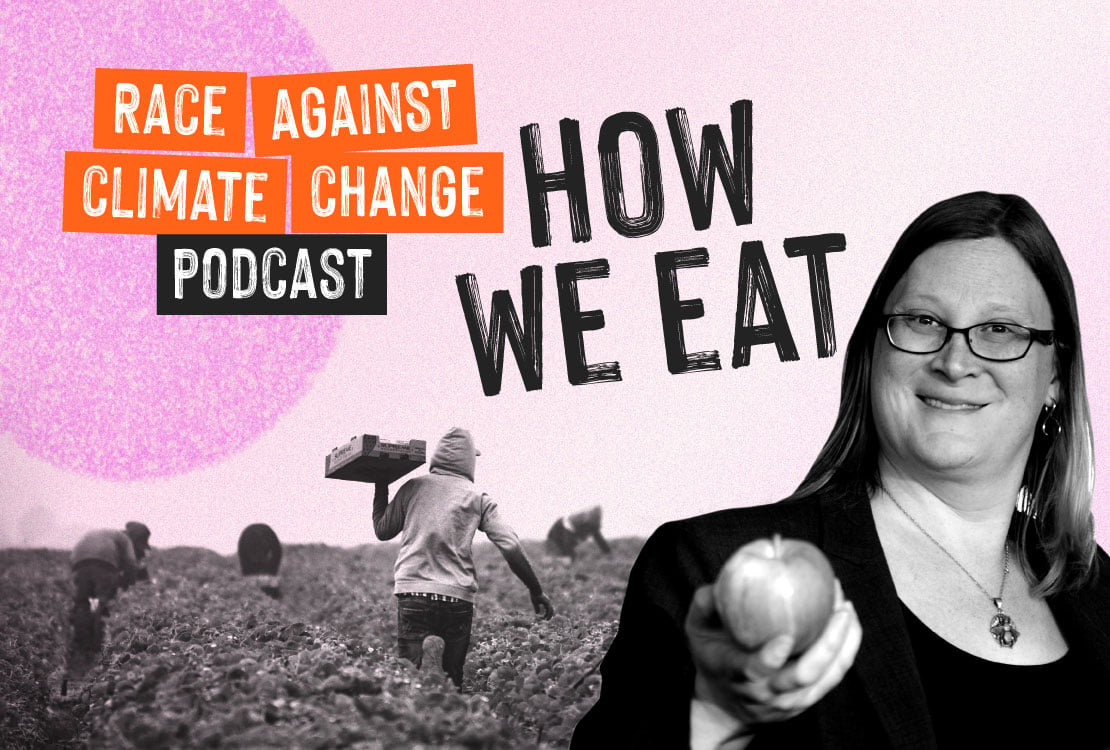Soaring costs could mean boom — or bust — for plastic producers

Cheap plastic coffee cups, takeout containers, and hundreds of other single-use items have long been a substitute for more durable alternatives made from glass, ceramic, or wood, despite the environmental harm they cause.
Now plastic’s budget-friendly reputation is sliding due to a huge surge in the price of raw plastics.
The shift was fuelled by higher demand for plastic materials during the pandemic as people bought more takeout and heavily packaged materials. Major storms and maintenance shutdowns at some of the huge petrochemical facilities that produce the world's plastic also reduced the supply of available plastic pellets, explained Bob Masterson, president of the Chemistry Industry Association of Canada, the trade group representing Canada's $28-billion plastics industry.
Plastic pellets are small plastic balls chemical manufacturers use to create new plastic products. They're known to leak out of factories or transport trucks, polluting waterways and contributing to widespread microplastic pollution.
Canadians use about 4.6 million tons of plastic each year, according to a 2019 report commissioned by Environment and Climate Change Canada (ECCC). The vast majority of this material is so-called “virgin” plastic — plastic made directly from oil or natural gas — and demand for the material is growing fast despite its environmental impact. The current price surge for plastic products likely won't curb this demand, Masterson said.
In Canada alone, he noted that Dow Chemical recently announced plans to build a huge manufacturing plant in Alberta in anticipation of growing demand. That surging appetite has fossil fuel companies banking on demand for the material to fuel their future growth as the world transitions away from oil and gas, noted a 2020 report by the Carbon Tracker Institute.
Virgin plastic is typically much cheaper than its recycled counterpart, largely because oil or gas are so cheap compared to recycling. About nine per cent of Canada's plastic is currently recycled. That's primarily because only the highest value plastic resins can be transformed into new products profitably — and even then struggle as soon as the price of oil declines, the ECCC report noted.
Oil and gas subsidies totalling billions of dollars each year exacerbate the problem, making it nearly impossible for recycled plastics to compete, explained Laura Yates, a plastic campaigner with Greenpeace Canada. Additionally, recycled plastics are typically of lower value than their virgin counterparts, further reducing their value.
The federal government last year announced plans to try to reverse the situation by gradually requiring companies to include a minimum amount of recycled plastic in new products. Under the proposed rules, by 2030 all plastic sold in Canada will need to be made from at least 50 per cent recycled plastic. Major companies like Coca-Cola and Unilever have also pledged to require their suppliers to use more recycled plastic, further increasing demand for recycled products, Masterson said.
Still, critics say none of these measures will be enough to end the plastic pollution problem.
“We need the price of fossil fuels and their products like plastic to reflect the true costs, from extraction through production to disposal and pollution,” said Yates.
Measures like the proposed federal minimum recycled content mandate “can be steps on the path” to reducing harmful single-use and disposable plastics, but won't be enough to solve the problem alone. She emphasized that curbing the production of these products, whether by raising prices or regulating production, is crucial.
“If raised virgin plastic prices can help corporations to reconsider throwaway plastics in favour of more sustainable, reusable alternatives, (then) that's a welcome development,” she said.







Comments
The plastic industry in Alberta is worth about $7 billion per year in gross revenue. If we dethrone plastic, so that there is then a much reduced market for oil and gas, what economic activity will replace this revenue and the upstream, downstream and derivative jobs? Oh, and all the GST and income tax that might pay for a guaranteed annual income.
Not a rhetorical question. This is a problem Canada needs to solve before 2030.
Oh, maybe reclaiming the tar pits, building out sustainable energy infrastructure, and recycling plastics and most everything else we use for a start.